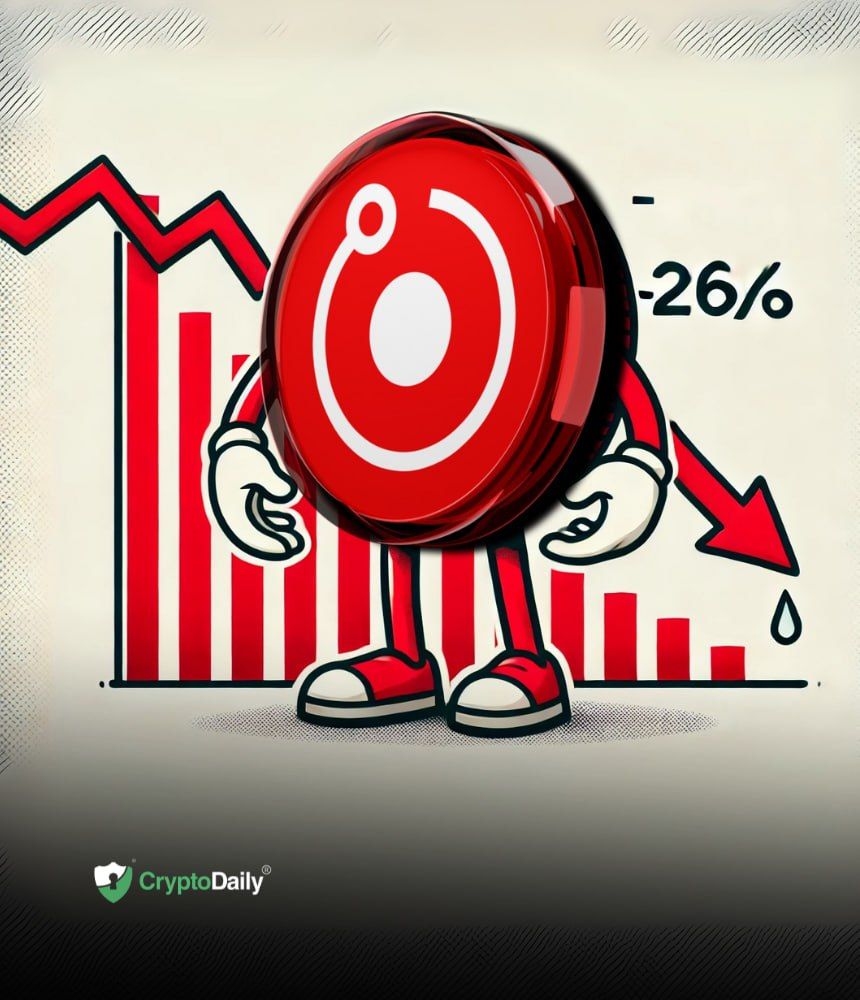CHEBOYGAN COUNTY — Cheboygan County Sheriff Tim Cook is warning residents that several scams have been gaining traction in the area recently that people need to be aware of.
“What I want the citizens to be cognizant of is that scams come at you from two angles; your money or your information,” said Cook.
According to Cook, the method that scammers use to make contact is usually through email, phone and text. He added that the way you can initiate unwitting contact with a scammer is when you make a purchase on the internet that turns out to be from a fake advertisement.
There are many products listed on the internet that are a scam. Cook said when you want to purchase a product on the internet, compare that price to others for the same item.
“You know it will be a scam when there is a large price difference, up to 50 percent or more,” said Cook.
Cook added that if you purchase the product and it is a scam, that person now has your payment along with other information and there is no way to track that purchase.
“Keep especially alert purchasing products that coincide with the time of year, such as garden implements in the spring,” he said.
If you do make a purchase and it does not arrive, Cook said to contact your credit card company for a new card and ask to see if they will reimburse your card for the loss.
Subscribe:Get unlimited access to all our local coverage
Cryptocurrency investing is another scam on the rise, Cook said.
“It is best that if you want to invest in cryptocurrency, ensure you are dealing with a trusted investment firm or your personal brokerage company,” Cook advised.
If you decide to do it on your own, Cook said you need to be aware of how you are purchasing.
“If you are dealing with someone who advises you to download an app to see and manage your investment, beware,” he said.
Cook added that these scammers take your money and give you false data about your financial growth.
Another popular scam involves student loan forgiveness.
“Borrowers who are searching the internet for the application for forgiveness need to ensure it is the right website,” Cook said. “If you fill out an application on the wrong site, the scammer now has all your information.”
Check forwarding and refund scams are also still popular.
“When you are asked to accept a price over the amount you are selling an item for, it is a scam,” Cook said.
Cook said victims will then be asked to forward the balance.
“Usually you will receive a cashier’s check that originated from a fictitious company/address or a business that is unaware their name and address is being used on a fraudulent check,” he said.
Cook also advises people to be mindful of email ads.
According to Cook, many ads seem to be fraudulent and you can tell when the email address has several characters that do not seem to make sense and could be up to as many as 25 characters or more in length.
“You see this in fictitious ads portraying businesses like Ace Hardware, Home Depot and Kohl’s advising you have won a gift card and asking you clink the link,” he said.
Another scam to be mindful of are accounts like Amazon stating your account is due and payment has not been received.
“They are playing the odds that you have an account on auto pay and are advising you to click the link to pay or update your card, making it look like it will take you to your account,” Cook said.
Once you click on a link on a fictitious email, Cook said you have just let in malware or spyware. Malware is designed to cause harm to your computer and destroy data. Spyware is used to track, collect and store your personal data without you being aware. This allows the scammer to receive all your data from passwords to personal information you have on your computer.
Cook added that businesses also need to be aware of fictitious invoices and be mindful of what invoices they are expecting if communicating via email.
Other advice for avoiding scams include:
- Never give out your personal information unless you initiate the contact and you know who you are dealing with.
- Always sign in directly to your accounts on the internet if you have to do business or check the status on your payments.
- Never respond to anyone asking you to purchase or pay in gift cards.
- Never click on an email that you have won something.
- Don’t do business with those asking you to cash a check and send money back.
If you have any questions or concerns, Cook encourages people to contact the sheriff’s department or their local police department.
Credit: Source link















































